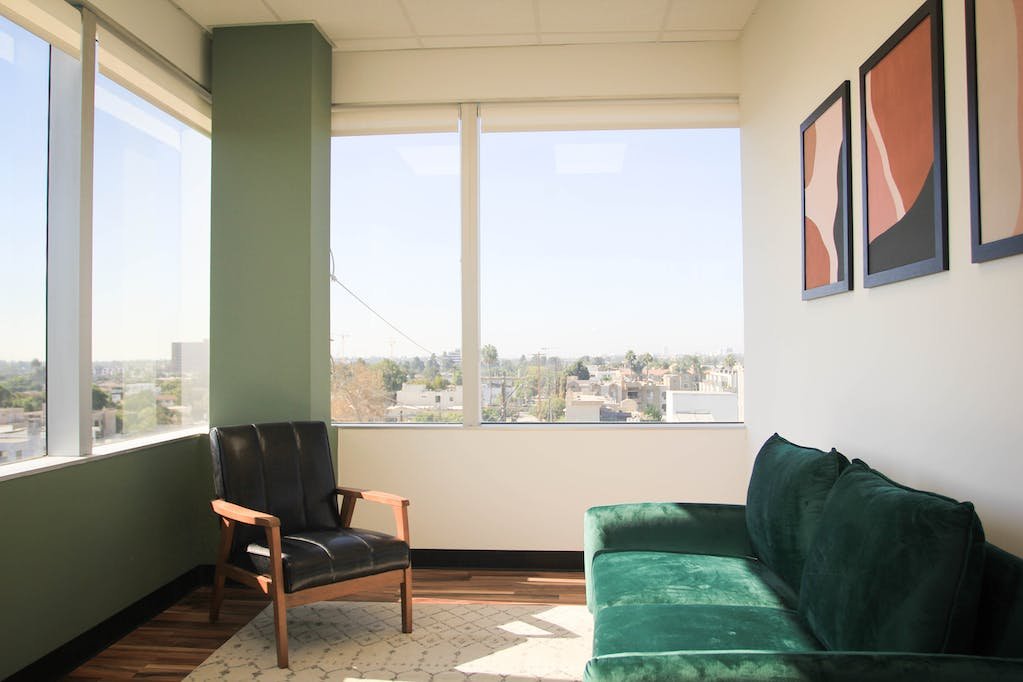
Eating Disorder Care
We understand that food and body related challenges can be overwhelming and are committed to supporting our clients and their families through the recovery processes.
We have expertise with a wide variety of eating disorders including: anorexia, bulimia, binge-eating disorder, avoidant/restrictive food intake disorder (ARFID), and orthorexia.
We also specialize in body image issues, food shame, chronic dieting, and body dysmorphic disorder (BDD).
Our Approach
Behavioral Change + Depth Work
Our work with those struggling with eating disorders often begins with evidence-based modalities including Cognitive Behavioral Therapy (CBT) and Exposure Response Prevention (ERP) to help you create lasting shifts in your behavior and your thoughts.
But, our team also knows eating disorders are not just about the food. We see eating disorders as highly relational and believe food and body behaviors are often symptoms of deeper challenges. Our psychodynamic and trauma-informed approach allows us to help you process early attachment experiences, allowing for deeper healing. This depth work also helps promote self-compassion and empowers you to strengthen your sense of self by clarifying and centering your values.
Eating disorders rarely exist in isolation and often develop as a way to help manage other mental health struggles. Our treatment plans always address co-occuring diagnoses such as anxiety, depression, OCD, and trauma.
Our Process
Individual Therapy
First, we will work with the client and their family to create an integrative treatment plan. Depending on the severity of symptoms, we typically recommend 1-2 times weekly therapy at the start of treatment. This allows us to build the therapeutic relationship and begin to target symptoms efficiently.
Supporting Loved Ones
Eating disorders can affect the entire family system and learning how to cope as a support-person is imperative to your loved one’s recovery. When working with children and teens, we ask parents to be involved in parent-coaching and/or family therapy with a member of our team. We believe that you are a vital part of the recovery process.
Collaborative Care
When treating those with eating disorders, we are in active communication with multidisciplinary treatment teams, including dietitians, physicians, school counselors, coaches, and psychiatrists. If you do not have a treatment team, we can help you assemble one so that all aspects of your health and wellbeing are addressed.